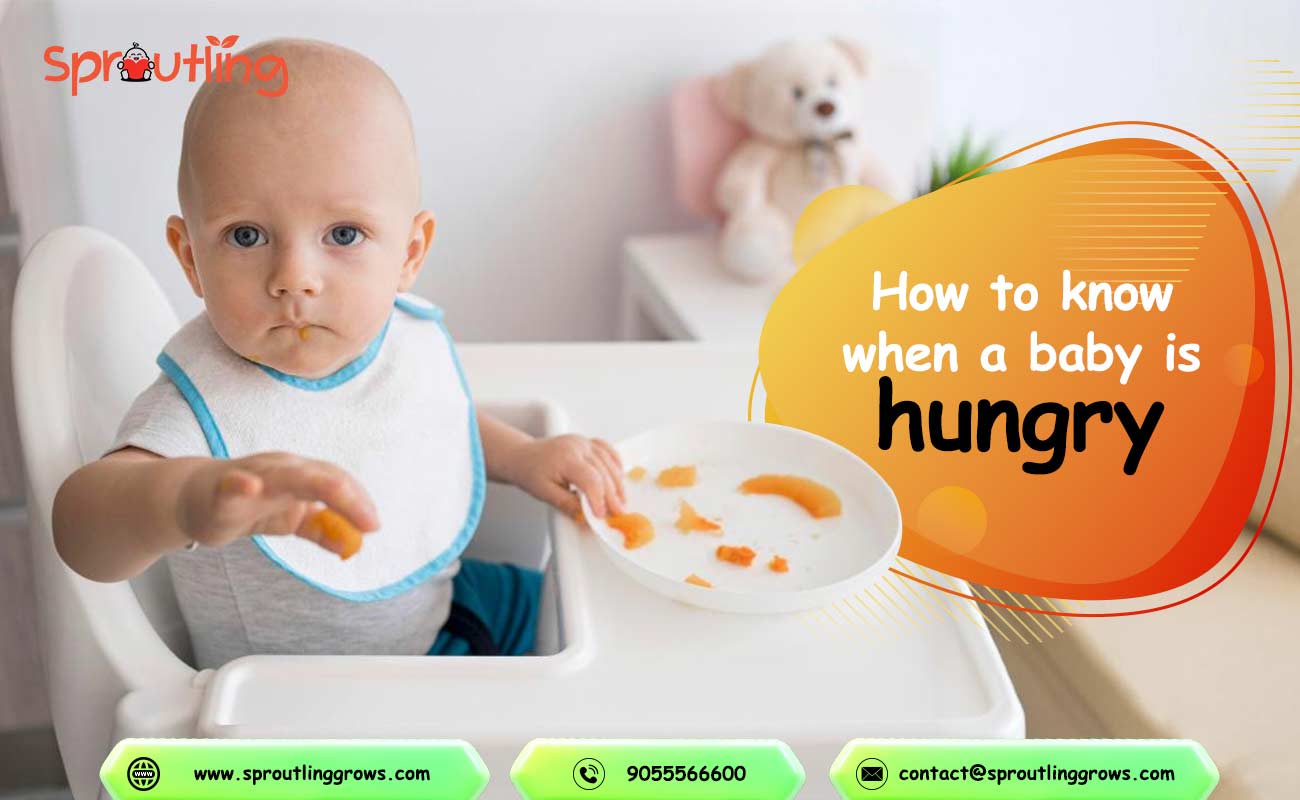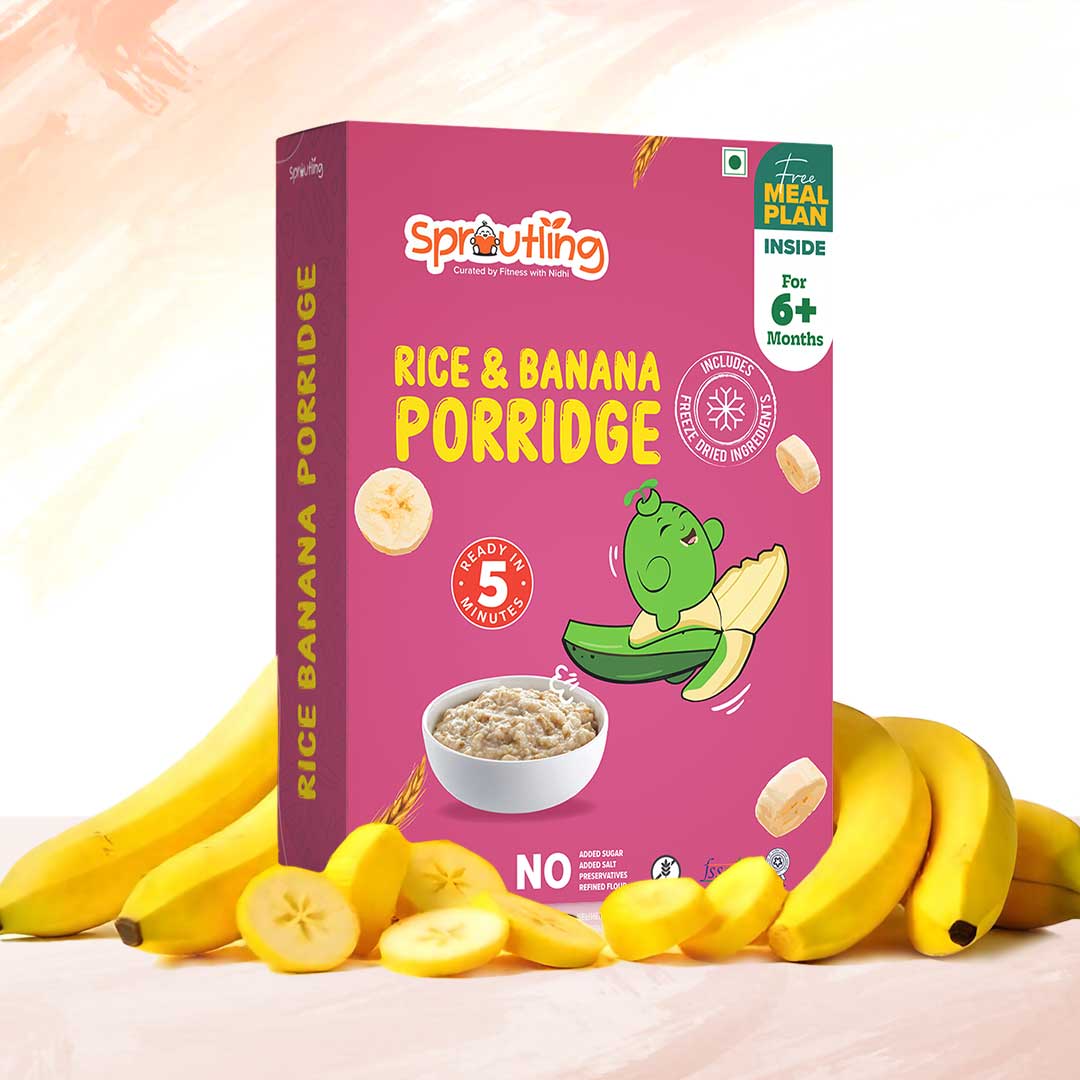
Table of Contents
Babies are born with the sense that whether they are hungry or not, they know how to make you aware of their hunger. You have just put your legs in a blanket to relax and here comes the cry of your baby. You may feel that you are not sure whether the cry is for hunger or something else. But after reading this article, you may become quite aware of what are the signs your newborn is hungry.
Reasons For A Baby’s Cry Other Than Being Hungry
- They need their diaper to be changed.
- They need to sleep.
- Are restless due to gas or stomach ache.
- They may feel too hot or too cold depending on the weather, so they need to be dressed accordingly.
The capacity of a newborn’s stomach is very little—only 20 ml. This is why babies need frequent feeds. The capacity of your baby’s stomach keeps on increasing as the days pass. It increases 5-7 times until the end of one month.
Early Signs of Hunger In Newborns
- Rooting: Newborn hunger cues are easy to understand as they search for the teat of their feeding bottle or of the breast.
- Sucking: Babies who are breastfed often tend to suck their hands or fists, when they are hungry.
- Sucking noises: Making sucking motions and noises by your baby is one of the hunger cues of the babies.
- More alert: Becoming more active and alert of your baby is one of the signs your infant is hungry.
- React to touch on cheeks: Infant hunger cues include that your baby will react and watch towards anything that touches its face, including breast or bottle.
- Hands clenching: Signs newborns are hungry include clenching their hands or fists tightly and stiffening their legs and arms.
- Fast breathing: Breathing fast along with bringing their hands close to their face is one of the other infant hunger cues.
Newborn Hunger Cues After Feeding
- After being fed, babies often push away their feeding bottles or breasts.
- Even if you force them to suck again, they refuse by moving their mouth away from the bottle or the breast.
- Now instead of clenched fists, you will find that their hands are relaxed and open.
- Start taking an interest in their surroundings and play with them.
- Start to limp and be relaxed again.
- May start smiling again.
- May need to go back to sleep again.
Conclusion
Understanding and responding to your baby’s hunger cues can make feeding times more peaceful and strengthen your bond. As you learn to recognize these signals, you’ll gain confidence in knowing when your baby is hungry and when they are content or need something else. Remember, each baby is unique, so with time and patience, you’ll become an expert in identifying what your newborn needs to feel comfortable, safe, and nurtured.
Read Also: Signs Your Baby Might Be Ready for Solids











